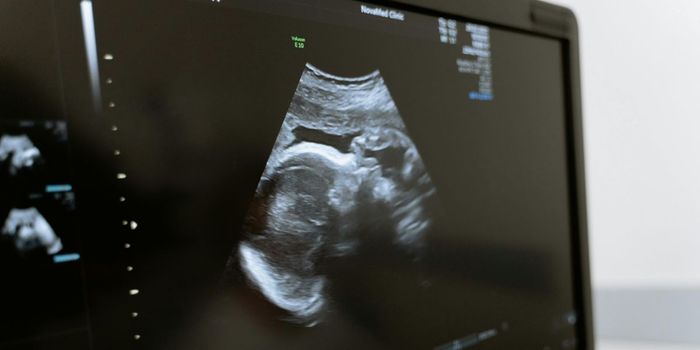Traumatic Brain Injury Alters Brain Cells Which Could Lead to Seizures
A recent article published in the Journal of Neuroscience looked at the effects of multiple diffuse mild traumatic brain injuries (TBI) on the functioning of astrocytes. The authors suggest it is through altered functioning of these cells by which spontaneous recurrent seizures arise. Dr. Stefanie Robel and colleagues of Virginia Tech proposed a mechanism by which chronic mild TBI causes dysfunctional astrocytes which could lead to post-traumatic seizures.
Photo source: UnSplash.com
The researchers focused on astrocytes. Astrocytes are a form of glial cell, a cell which resides in your brain along with the neurons. Think of them as accessory cells, but do not underestimate their function. Astrocytes are important for healing damaged neurons. However, in doing so, they leave a scar. This protects the injury from damaging other parts of the brain. This resulting scar tissue causes a focal point from which seizures can begin.
However, TBI is usually studied in the lab using acute, direct focal impacts (in anesthetized animals). Yet, it has been reported that only 10% of patients suffer such a direct TBI (e.g. a gunshot or stabbing victim). This research group was more concerned about TBIs combining focal and diffuse brain damage. You see, in diffuse brain injury, rapid collisions, say from a head bouncing around in a helmet, actually shear connections within the brain. These are usually mild, multiple, sub-TBI concussions, which represent 75-86% of all TBI patients, although the field is still mixed on whether these could lead to spontaneous seizures.
The current study found that, in mice, repetitive diffuse TBI is sufficient to induce the development of spontaneous seizures three to four weeks afterward. The group looked at post-mortem brain tissue and found no hemorrhages, tissue necrosis or large structural lesions. In other words, no major damage, yet their mice still developed seizures.
A rendering of an astrocyte. It takes a star-like shape. Photo source: PixaBay.com
Nevertheless, at the cellular level, they found altered functioning of astrocytes. These cells are also important of maintaining proper glutamate concentrations in the synapse. But they lose that function after repetitive diffuse TBI. Excess glutamate in the brain will, and does, lead to seizures. Thus, the damage done to the brain may actually be caused by cells that are normally protective. They just cannot keep up with the heavy workload that multiple diffuse mild TBI has placed on them.
This whole TBI business hits close to home for many people, especially for those who play combat sports or have their children play. Unfortunately, research continues to suggests sports-related concussions can lead to various pathologies, such as physical, cognitive, sleep, and mood-related disorders. Most adolescents can overcome these deficits in about four weeks. On the other hand, patients whose symptoms do not resolve are at risk of developing "post-concussion syndrome". This syndrome negatively impacts physical, psychological, school, and social functioning.
The mechanisms behind these unresolved symptoms, including spontaneous seizures, are still being elucidated, but this current study suggests a possible cause. It is only through an understanding of the disease can we develop better therapies.
Sources: Journal of Neuroscience, Wikipedia - Astrocytes, Journal of Neuroscience Research, Epilepsia, National Center for Injury Prevention and Control (2003) Report to Congress on Mild Traumatic Brain Injury in the United States, Cold Spring Harbor Perspectives in Medicine, Journal of Neurotrauma










